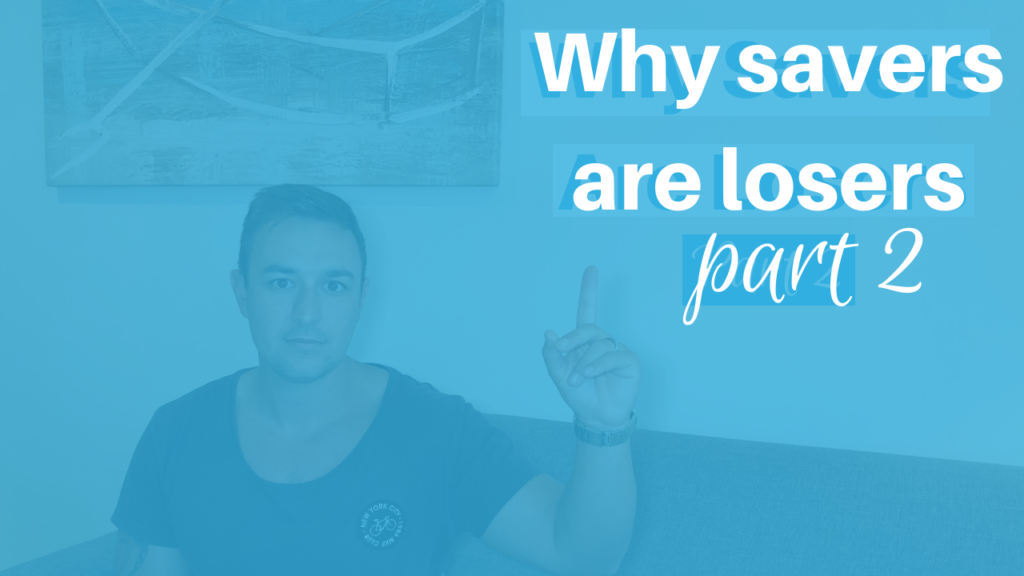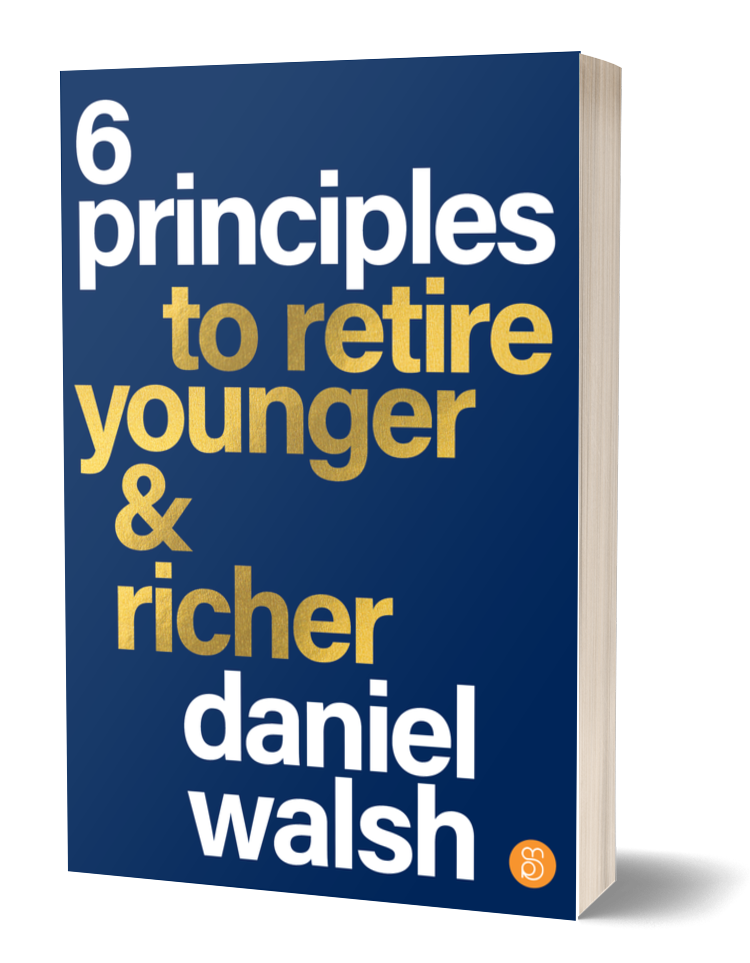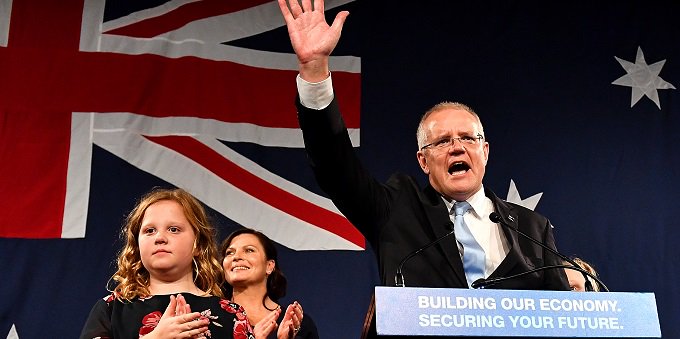Property markets never like Federal Elections because of the potential for change.
As we all know, markets need confidence to perform well, and elections generally offer instability rather than the other way around.
This year’s election, however, was another kettle of fish entirely with a stark contrast between the two major parties when it came to property taxation policies.
Thankfully, the fact that most Australians understood that investors who own one or two properties aren’t “greedy”, plus the desire to protect the value of their own homes was part of the reason why the Coalition was the victor on Saturday.
Moving markets
So, with the election now behind us and with the incumbent government returned for another term, this is good news for our property market if you ask me.
I believe that property markets are likely to pick up by the end of the year given there is now certainty for investors when it comes to their long-standing taxation positions.
The government has already said it intends to implement the First Home Loan Deposit Scheme as soon as possible, which will likely help many first-time buyers into the market.
The latest data also indicates that property price declines are now easing in Sydney, which may be a sign that its market is nearing the bottom of its market cycle.
Clearly, that will instil much confidence in our biggest capital city’s market as well as economy.
There are also signs that the Reserve Bank may cut rates as early as June given the benign inflation figures of late.
I also believe that lenders are keen to relax their serviceability calculations sooner rather than later to get the economy moving again.
Economic stimulus
Another factor that is good news for property markets as well as the economy generally are tax cuts for every Australian who earns up to $126,000 a year.
The government will provide additional tax relief by more than doubling the low and middle-income tax offset in coming weeks.
Low- and middle-income earners will receive a benefit of up to $1,080 from 1 July this year, with the aim being to support consumption growth and reduce cost of living pressures.
I believe the government’s wider tax reforms – which include income tax cuts for potentially the next six years – will allow people to have more cash, confidence, and also a greater capacity to save.
Ultimately, this will mean more money in consumer’s pockets that may have a significant impact in the coming years.
That’s because it will be similar to everyone earning up to $126,000 getting a pay rise, when wages growth generally has been underwhelming.
The business sector is also on track for lower company tax rates as well as an instant asset write-off of up to $30,000, which came into effect in early April and runs through to 2020.
There is no doubt that Liberal’s policies targeted everyday Australians who were just trying to improve their financial futures or enjoy their twilight years without being reliant on the pension to merely survive.
These policies have now been shown the door by millions of Australians, who can now feel much more confidence about the economy as well as the future of their household wealth.
























